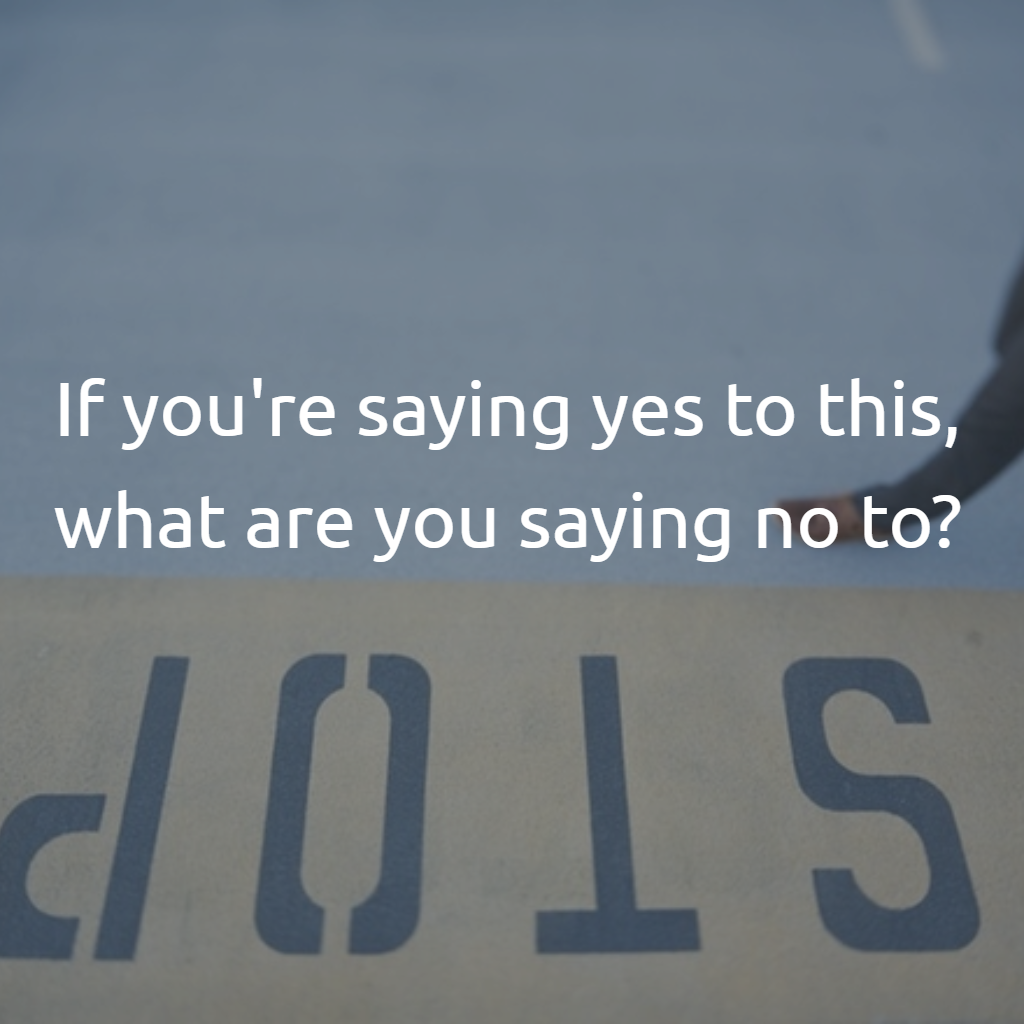 I got grumpy with a Customer Service guy on the phone at Trustpower yesterday. I wanted someone to take ownership and they wouldn’t so I got annoyed at him. I wasn’t abusive, just frustrated and CEO type direct.
I got grumpy with a Customer Service guy on the phone at Trustpower yesterday. I wanted someone to take ownership and they wouldn’t so I got annoyed at him. I wasn’t abusive, just frustrated and CEO type direct.
It got me precisely nowhere!
A few months back, I decided to move our home phone and broadband to Trustpower, to hook into the special deal they were promoting. All was going well until the day that Fibre was to be blown from the cabinet (a distribution box about 1km away) to our house. There was a break in the line and it couldn’t be completed. I was ok with that after chatting to the installer, as someone will sort it asap.
That was a month ago.
And each time I ring Trustpower, I’m told if it’s not fixed I need to ring them back.
So yesterday I asked the young guy if they could ring me back. I’m sick of following it up. I wanted someone there to take ownership. Trustpower keeps saying the problem is with the Fibre installer (who I can’t ring). I told him yesterday that I’m Trustpower’s customer and I want someone at their end to follow it up and ring me back. I said I wouldn’t have a business if I treated customers that way. He blamed their supplier.
The rant got me nowhere, other than making the guy think I was a dork.
The problem of course is not the guy on the phone.
The problem is Trustpower has no system. No way of following up to keep their customers informed if Fibre installs go badly.
Bad systems, lead to bad customer experiences.
∴
On reflection, what learning do I take out of my rant…
Firstly, I got grumpy, and it wasn’t worth it, and it wasn’t his fault. One of my missions in life as I grow older is to NOT become a grumpy old man. I loathe men who have forgotten what it is like to be young and make mistakes and push the extremes. I hate it when I forget that a person is an individual, caught behind a bad process.
If you’re the guy at Trustpower I spoke to, ‘I’m sorry’.
If you’re from Trustpower please, help fix the problem. “The ordinary wait for energy to do the work. The extraordinary do the work to get the energy.” Blatant quote from Trustpower.
Secondly, I was frustrated because I know that from time to time our customers will encounter similar frustrations, and I wouldn’t even know. There is indeed a massive difference between ‘ordinary’ and ‘extra-ordinary’, and I’m not sure we are working fast enough to put somethings right.
 With the exception of primary school, the first book I ever read cover to cover was when I was 27 years old. It was a Tom Clancy novel. The first business book I ever read was in my early 30’s, ‘The One Minute Manager’.
With the exception of primary school, the first book I ever read cover to cover was when I was 27 years old. It was a Tom Clancy novel. The first business book I ever read was in my early 30’s, ‘The One Minute Manager’. As arrogant as it sounds, if you ask me for help, I’ll most likely say No. I often don’t even give a reason it’s just, No.
As arrogant as it sounds, if you ask me for help, I’ll most likely say No. I often don’t even give a reason it’s just, No. One of the first things you notice when you take a Tuk Tuk ride in Cambodia is the way they use their horns.
One of the first things you notice when you take a Tuk Tuk ride in Cambodia is the way they use their horns.